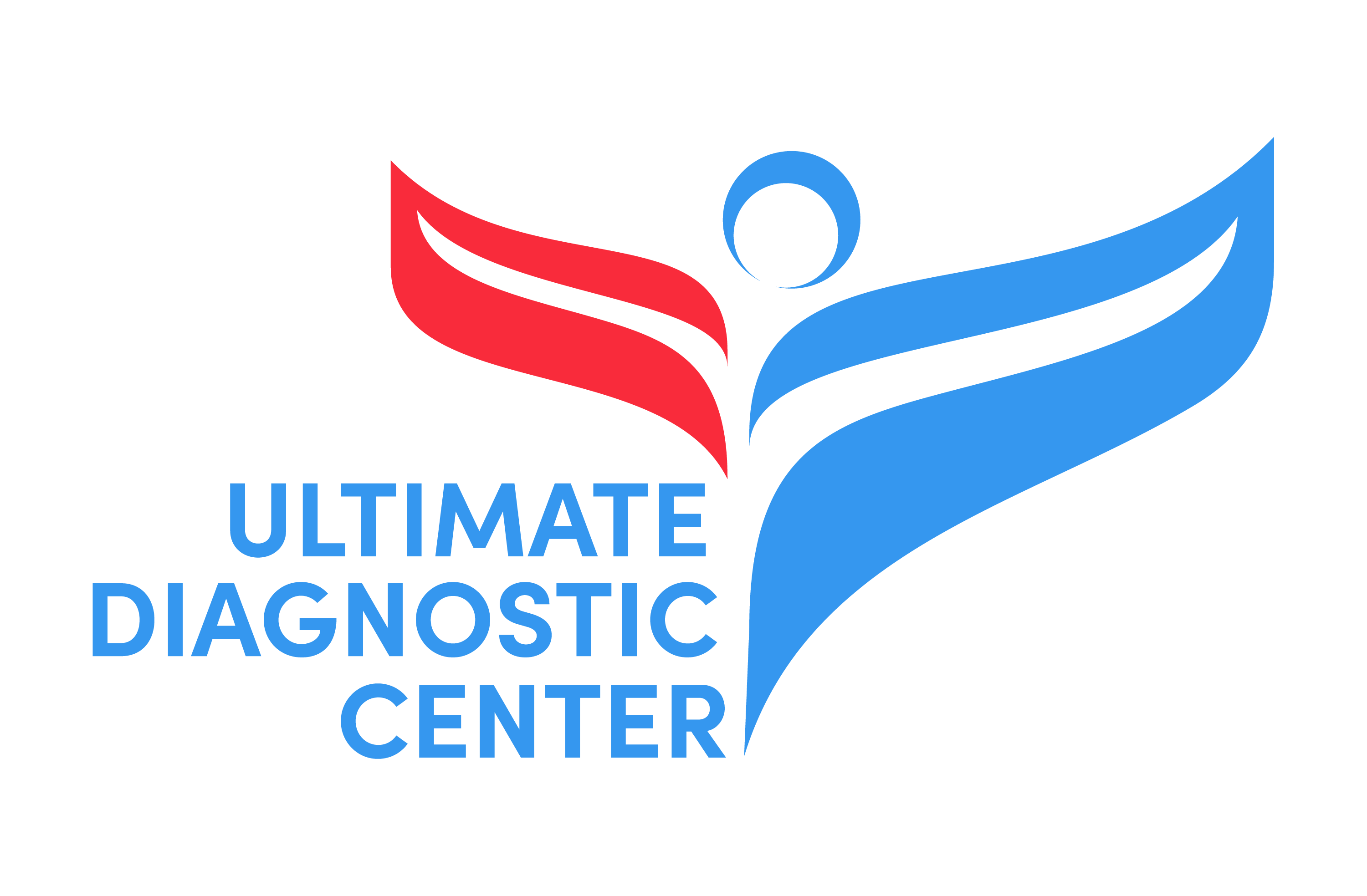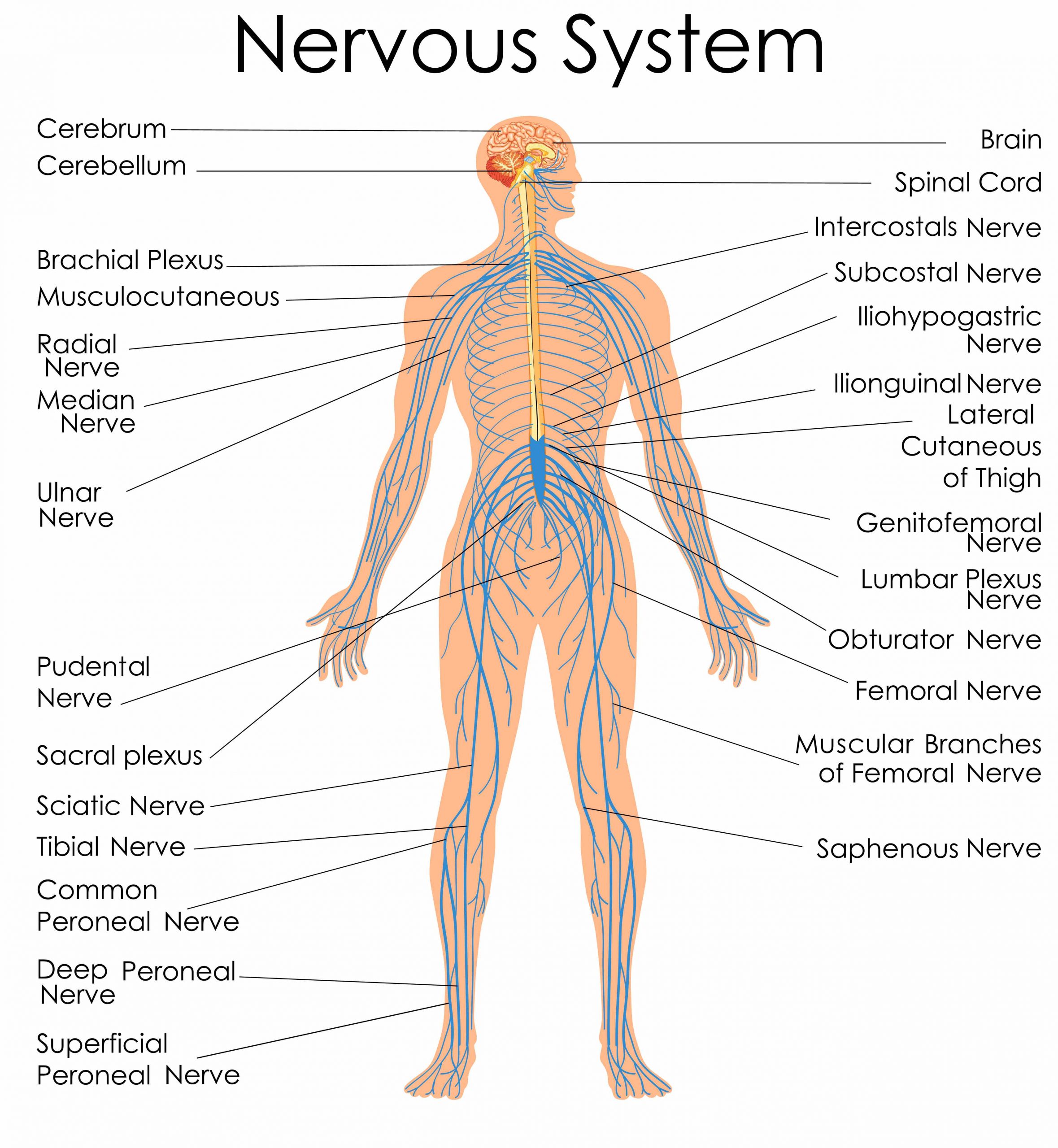Nerve Conduction Velocity (NCV)/ Nerve Conductivity Study (NCS) – Homestead, FL
Also known as electroneurography or nerve conduction study. A nerve conduction velocity (NCV) test is a measurement of the speed of conduction of an electrical impulse through a nerve. NCV can determine nerve damage or injury.
During the test, the nerve is stimulated using surface electrode patches attached to the skin. Two electrodes are placed on the skin over the nerve. One electrode stimulates the nerve with mild electrical impulses and the other electrode records it. The resulting electrical activity is recorded by another electrode.
This is repeated for each nerve being examined.
The nerve conduction velocity (speed) is then analyzed by measuring the distance between electrodes and the time it takes for electrical impulses to travel between electrodes. Conduction velocities are affected by a wide array of factors, which include age, sex, and various medical conditions.
Electromyography (EMG) Diagnostics – Homestead, FL
Electroencephalography is a method to record an electrogram of the electrical activity on the scalp that has been shown to represent the macroscopic activity of the surface layer of the brain underneath. It is typically non-invasive, with the electrodes placed along the scalp.
EMG Medical evaluation
Electromyography is a technique for evaluating and recording the electrical activity produced by skeletal muscles. EMG is performed using an instrument called an electromyograph to produce a record called an electromyogram
Your physician will usually order an EMG when someone is showing symptoms of a muscle or nerve disorder. These symptoms may include tingling, numbness, or unexplained weakness in body limbs. EMG results can aid the doctor diagnose muscle disorders, nerve disorders, and disorders affecting the connection between nerves and muscles.

